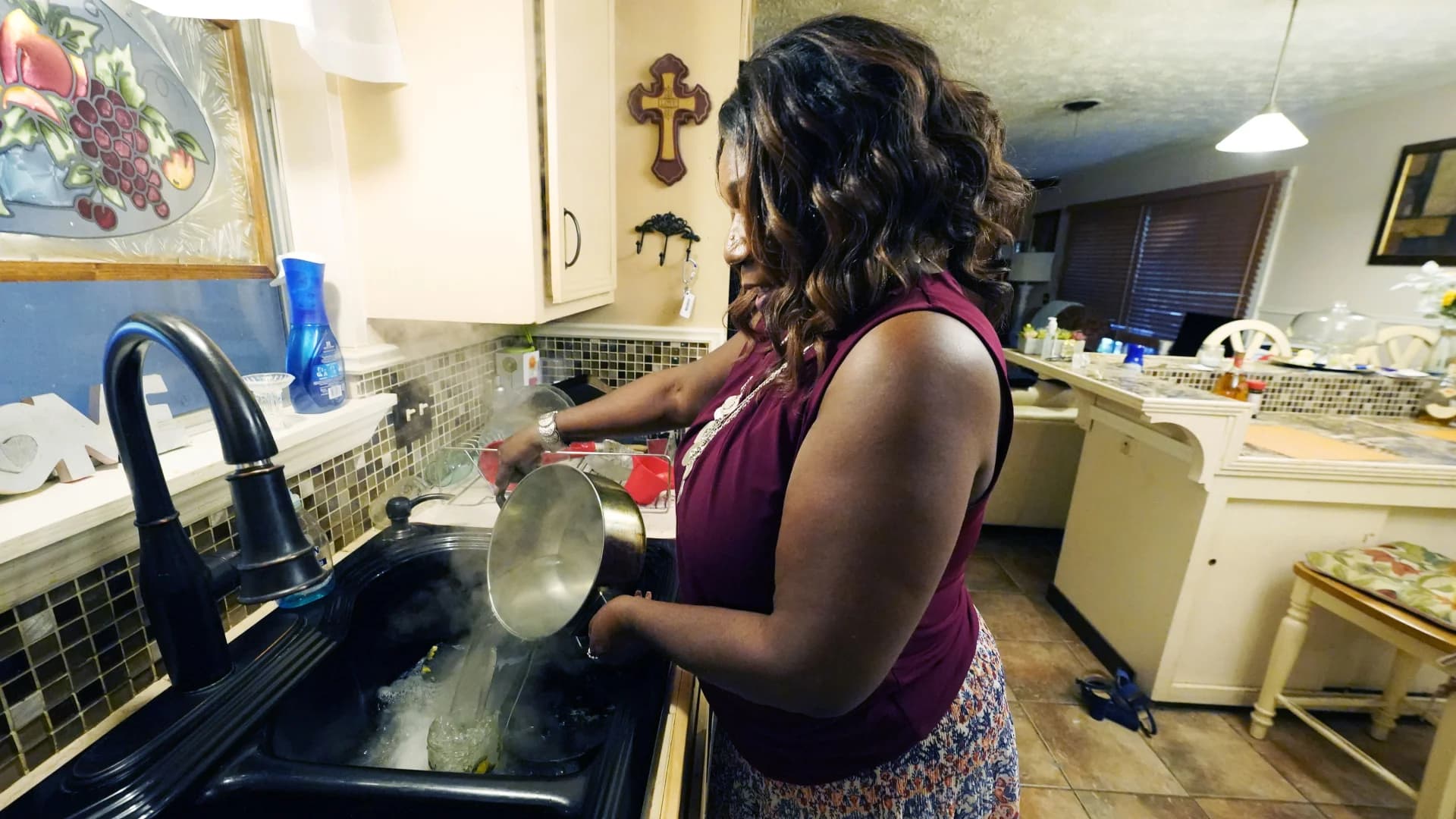More Stories

If your local health officials issue a boil water advisory, do you know what to do?
A boil water advisory means your community’s water has, or could have, germs that can make you sick, according to the Centers for Disease Control and Prevention.
Advisories may include information about preparing food, drinks, or ice, dishwashing, and hygiene, such as brushing teeth and bathing.
Boil water advisories usually include the advice below:
1. Use bottled or boiled water for drinking, and to prepare and cook food.
2. If bottled water is not available, bring water to a full rolling boil for 1 minute (at elevations above 6,500 feet, boil for 3 minutes). After boiling, allow the water to cool before use.
Boil tap water even if it is filtered (for example, by a home water filter or a pitcher that filters water).
CLICK HERE for steps on how to boil water.
3. Do not use water from any appliance connected to your water line, such as ice and water from a refrigerator.
4. If you formula feed your child, provide ready-to-use formula, if possible.
5. In many cases, you can use tap water and soap to wash hands during a boil water advisory.
6. When it comes to bathing and showering, be careful not to swallow any water. And use caution when bathing babies and young children. Consider giving them a sponge bath to reduce the chance of them swallowing water.
7. Use boiled or bottled water to brush your teeth.
8. If possible, use disposable plates, cups, and utensils during a boil water advisory. Dishwashers are generally safe to use if the temperature reaches a final rinse temperature of at least 150 degrees, or the dishwater has a sanitizing cycle. Sanitize all baby bottles.
9. To wash dishes by hand, wash and rinse the dishes as you normally would using hot water. In a separate basin, add one teaspoon of unscented household liquid bleach for each gallon of warm water. Soak the rinsed dishes in the water for at least one minute. Let the dishes air dry completely before using again.
10. It is safe to wash clothes as usual.
11. Clean washable toys and surfaces with bottled water, boiled water, or water that has been disinfected with bleach.
12. Pets can get sick from some of the same germs as people or spread germs to people. Give pets bottled water or boiled water that has cooled.
13. You can use tap water for household plants and gardens.
More from News 12
1:49

Retaining wall collapses onto pedestrian, vehicle in Yonkers
2:07

Rain returns tonight with cooler temperatures to follow

Luxury Hudson Valley builder indicted amid claims he took nearly $200K for unfinished work
0:46

Rep. Pat Ryan condemns path to war as Democrats push for limits on presidential authority

Gerber opens 2026 photo search, honoring everyday moments of parenthood
0:17
